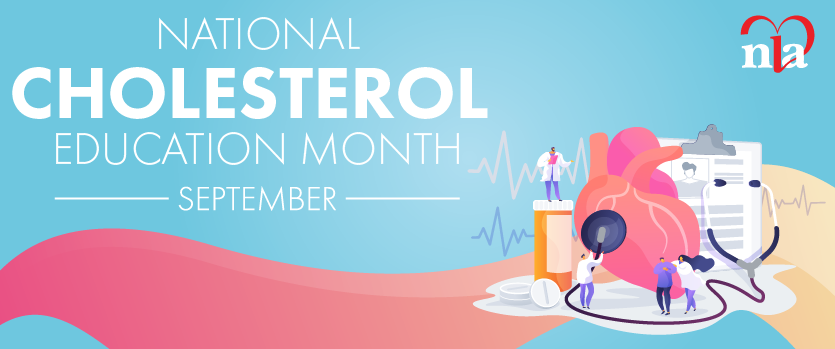Vol. 14 Issue 1
This issue sponsored by the Southwest Lipid Association Featuring: "Why Advocacy is Important to a Medical Specialty Organization" and "Beyond the Guidelines: Application of Trial Data to Individual Patients by Focusing on Explanatory vs Pragmatic Trials" more
How many of you have taken the time to read, from front to back, the recent National Lipid Association (NLA) Recommendations for Patient-Centered Management of Dyslipidemia, Parts 1 and 2? Don’t be embarrassed, because I can’t see how few of you raised your hands. I had the good fortune to co-... more
“If you would not be forgotten as soon as you are dead and rotten, either write things worth reading or do things worth the writing.” – Benjamin Franklin The National Lipid Association is the premier organization dedicated to advancing our knowledge about the optimal approach to diagnosing and... more
Letter from the LipidSpin Editors: How I Learned to Stop Worrying and Learned to Love the Guidelines
I’ve been through many stages with the guidelines. I really think I love them now. Let me tell you why. I began my internal medicine residency in 1994, and the first time I ever heard that there was such a thing as guidelines, was at residents’ clinic in my first year where I was treating a man... more
In the strictest sense, “advocacy” is defined as the act or process of supporting a cause. With that as the basis of our discussion, why is advocacy important to a medical specialty organization such as the National Lipid Association (NLA)? The NLA’s mission statement includes comments on... more
Every 39 seconds, a U.S. adult dies from cardiovascular disease (CVD),1 the nation’s top killer and a leading cause of disability for Americans both young and old. We spend about 1 out of 6 healthcare dollars on this disease each year — an estimated nearly $320 billion in healthcare expenses... more
This edition of the LipidSpin is devoted to guidelines vs. guidance. We all strive to practice evidence-based medicine (EBM) and our understanding of science has moved forward at a quick pace. Multiple journals come out every week with new articles that advance medicine’s knowledge base. Large,... more
The American College of Cardiology/American Heart Association (ACC/AHA) Blood Cholesterol Guideline recommends high-intensity statin therapy for high-risk patients to reduce the risk of major adverse cardiovascular events (MACE).1 Despite treatment with high-intensity statins, patients... more
In keeping with the theme of this issue of the LipidSpin, this Specialty Corner is devoted to advice for the practicing clinician who has to make daily decisions on how best to protect his/her patients from cardiovascular disease. It seems since the 2013 publication of the American College of... more
Clinical question: In statin-treated patients who also require strong CYP3A4 inducers, does statin therapy need to be preemptively modified to account for decreased systemic exposure secondary to increased metabolism? Recent guidelines endorse the use of appropriate-intensity statin therapy to... more






.jpg)
.png)










